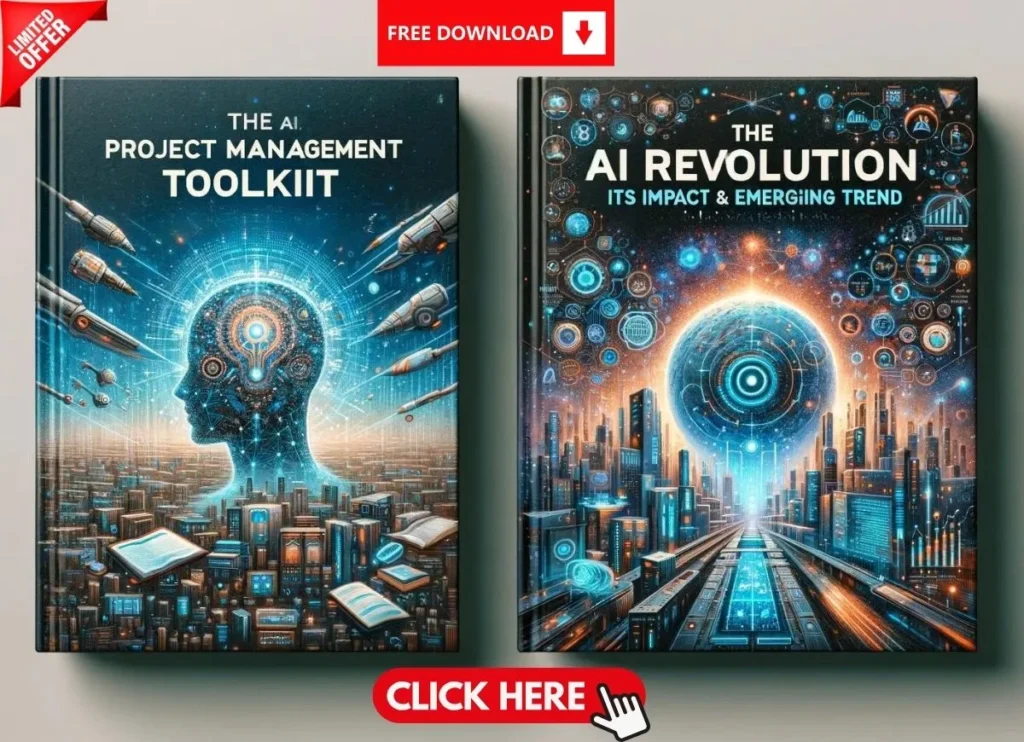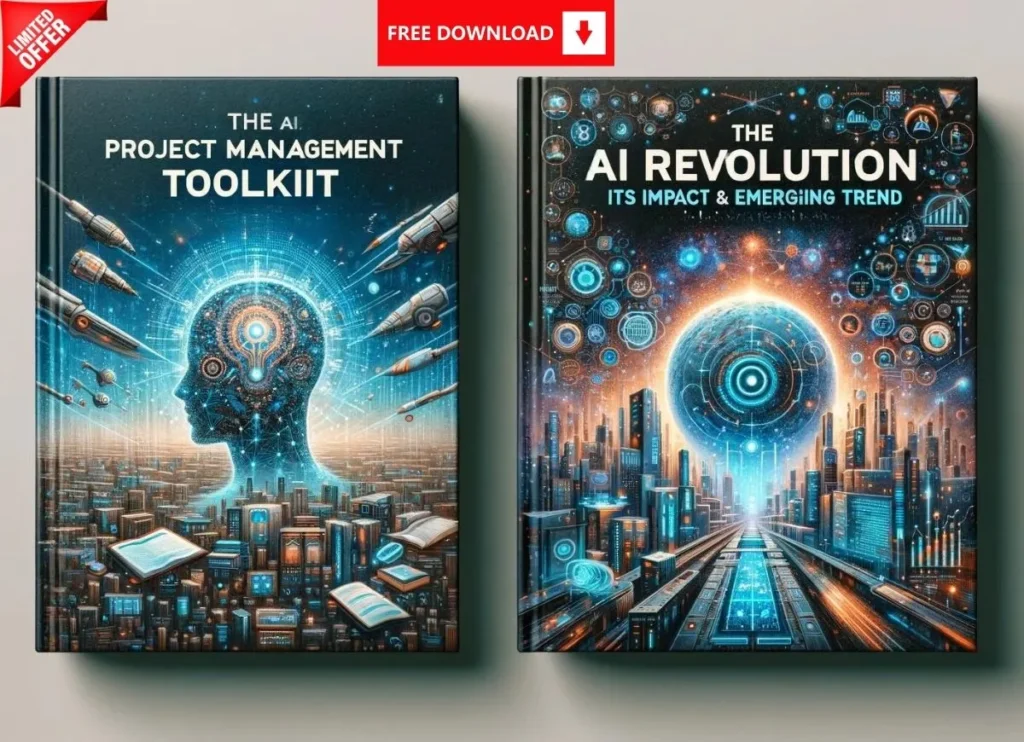Introduction
Agile management has long been celebrated as the transformative force that reshaped project management and team collaboration. But as industries evolve and new methodologies emerge, a pressing question arises: Has agile management lost its edge? How to tackle Challenges of agile management. This blog delves into the current state of agile, examining its strengths, shortcomings, and the challenges it faces in today’s fast-paced business environment. Whether you’re a seasoned agile practitioner or simply curious about the evolution of management practices, this article will provide you with a thoughtful analysis of agile’s role in modern organizations.
Actionable Tip: Reflect on your current project management practices. Identify one area where agile has either significantly helped or hindered your team’s progress, and consider how adjustments might unlock further potential.
The Evolution of Agile Management
Origins and Early Success
Agile management emerged as a revolutionary framework designed to enhance flexibility, improve team collaboration, and deliver high-quality products at a rapid pace. Early adopters experienced dramatic improvements in productivity and responsiveness, positioning agile as the go-to methodology for dynamic project environments.
Current Challenges in Agile
As agile has grown in popularity, its widespread adoption has led to a dilution of its core principles in some contexts. Many organizations have implemented agile frameworks superficially—focusing more on rituals and tools rather than the agile mindset. This misapplication has given rise to challenges such as:
Overemphasis on Process: When agile becomes a set of rigid practices rather than a flexible approach.
Scaling Difficulties: Problems arise when agile practices are forced into large, complex organizations without proper adaptation.
Cultural Resistance: Organizations with deep-rooted traditional practices may struggle to fully embrace agile principles.
The Contemporary Landscape of Agile
Adoption and Adaptation
Today, agile management is more than a buzzword—it’s a fundamental component of modern project management. However, its widespread adoption has sparked a debate on whether agile can still deliver on its original promises. Some organizations adapt agile practices to fit their unique needs, while others struggle to move beyond the ceremonial aspects of agile.
Agile vs. Other Methodologies
The emergence of alternative methodologies, such as DevOps, Lean, and hybrid models, has further complicated the agile landscape. Each approach offers its own advantages, and the lines between these frameworks often blur. As a result, some teams are questioning if sticking solely to agile is the best strategy, or if a more integrated approach might offer better results.
Impact on Team Dynamics
Agile’s influence on team dynamics remains significant. When implemented correctly, agile can empower teams by promoting transparency, collaboration, and continuous improvement. However, when reduced to a checklist of practices, agile can inadvertently stifle creativity and create environments where teams feel more burdened than liberated.
Has Agile Management Lost Its Edge?
Identifying the Limitations
The debate around agile’s effectiveness centers on several key limitations:
Misapplication: When agile principles are applied without a true understanding of their intent, the result is often a box-ticking exercise that misses the mark.
Over-Reliance on Tools: Many teams become overly dependent on agile software and tools, which can sometimes lead to rigidity rather than flexibility.
Cultural Mismatch: Agile requires a culture of openness and adaptability. In organizations where this culture is lacking, agile practices can feel forced and ineffective.
Opportunities for Reinvention
Despite these challenges, agile is far from obsolete. The framework has immense potential for reinvention:
Deepening the Agile Mindset: Shifting focus from processes to principles can help organizations recapture the true value of agile.
Integrative Approaches: Combining agile with other methodologies like DevOps and Lean can create a more robust framework that addresses the limitations of a pure agile approach.
Tailored Implementation: Recognizing that one size does not fit all is critical. Agile should be adapted to suit the unique needs and culture of each organization.
The Future of Agile Management
The future of agile management lies in its evolution. As organizations learn from past missteps, there is a growing movement towards a more nuanced, context-driven application of agile principles. This evolution promises a more flexible, integrated approach that honors the spirit of agile while adapting to the complexities of modern business environments.
Conclusion
Agile management, once hailed as a revolutionary approach, now faces critical questions about its relevance and effectiveness in a rapidly evolving business landscape. While there are clear limitations—often rooted in misapplication and over-reliance on process—the potential for reinvention remains strong. By deepening the agile mindset and embracing integrative, context-driven strategies, organizations can unlock the true power of agile management once again. For more resources on agile practices and certifications, visit the official Scrum Alliance website.
Final Actionable Tip: Evaluate your organization’s current agile practices. Identify one area where the focus has shifted too far from the core principles of agility, and explore ways to realign your approach to better harness agile’s inherent strengths.
Boost your Agile management expertise with Gururo’s SAFe and Scrum practice test!








